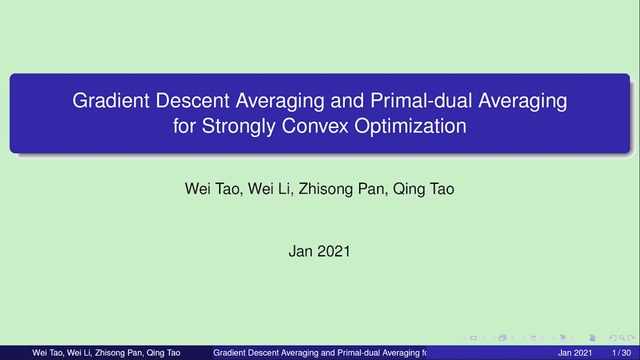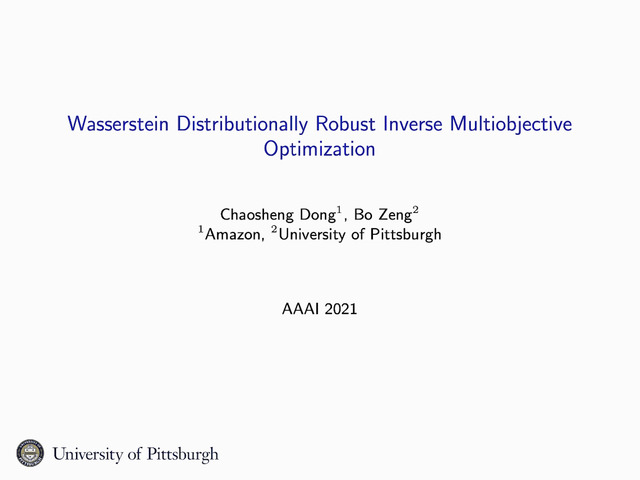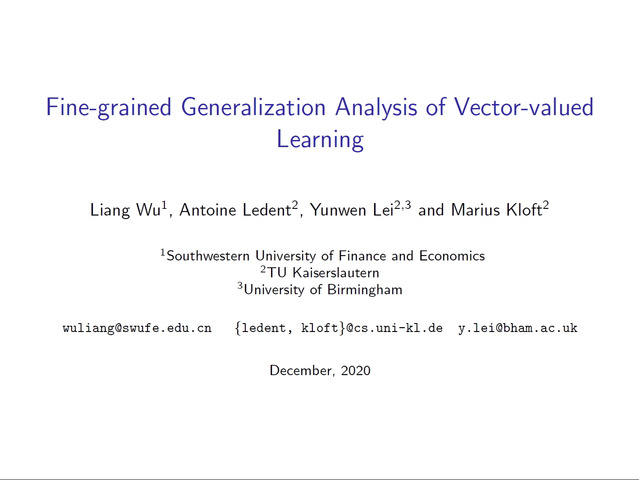Abstract:
Model-agnostic meta-learning (MAML) formulates the meta-learning as a bilevel optimization problem where the inner level solves each subtask based on a shared prior, while the outer level searches for the optimal shared prior based on its aggregated perfor- mance over the subtasks. Despite its empirical success, MAML remains less understood theoretically, especially in terms of its global optimality due to the nonconvexity of the meta-objective (outer-level objective). To bridge such a gap between theory and practice, we characterize the optimality gap of the stationary points attained by MAML for both reinforcement learning and supervised learning, where both the inner- and outer-level problems are solved via first-order optimization methods. In particular, our characterization connects the optimality gap of such stationary points with (i) the functional geometry of the inner-level objective and (ii) the representation power of function approximators, including both linear models and neural networks. To the best of our knowledge, our analysis establishes the global optimality of MAML with the nonconvex meta-objective for the first time.









































